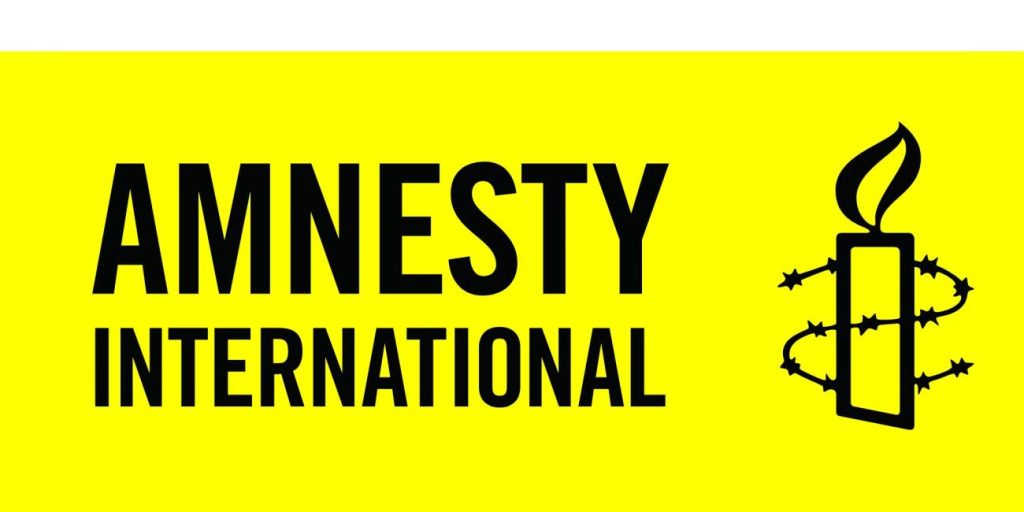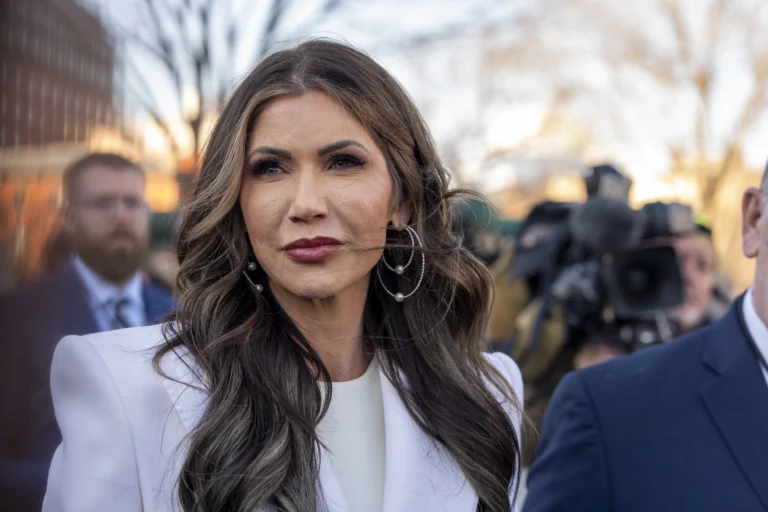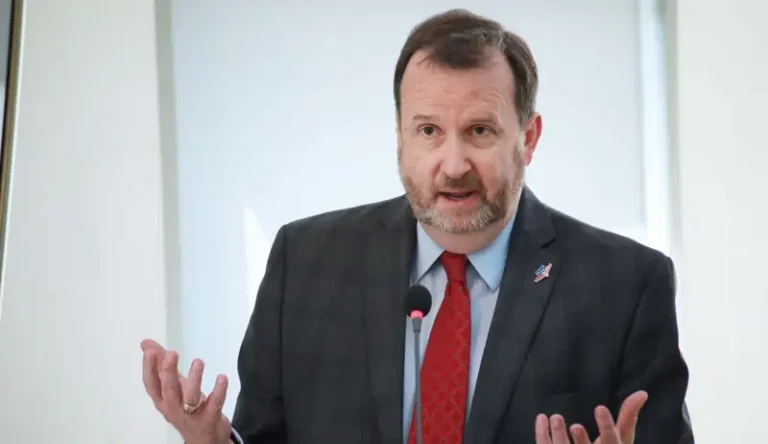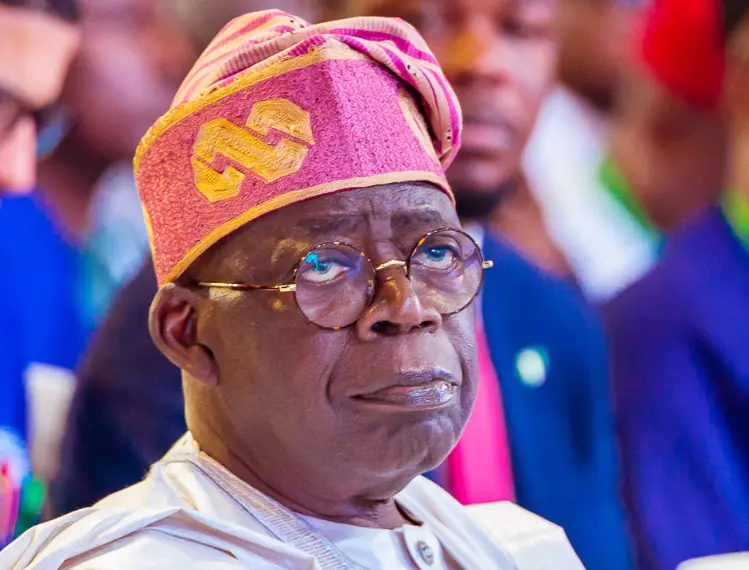
The dwellers of the community revealed to Amnesty International that the expected demolition was driven by the Lagos State Government with its hatched plans to transfer the land to private estate developers without providing locals with alternative housing, leaving them homeless.
Global human rights body, the Amnesty International has called on the Nigerian government to immediately withdraw the 21-day ultimatum given to residents of waterfront communities in Oworonshoki by the National Inland Waterways Authority (NIWA) to vacate their homes or be forcefully evicted over alleged contravention of the NIWA Act.
The dwellers of the community revealed to Amnesty International that the expected demolition was driven by the Lagos State Government with its hatched plans to transfer the land to private estate developers without providing locals with alternative housing, leaving them homeless.
“This fresh threat of forced eviction violates the right to adequate housing of the communities. NIWA and the Lagos authorities must halt these attacks on poor communities that are punished for the state’s urban planning failures,” said Isa Sanusi, Director, Amnesty International Nigeria.
He continued, “The trend in which Lagos authorities forcibly evicts communities and hand over the land to private developers will only create a mega city that excludes the poor.
“Lagos state government has been consistently violating the right to adequate housing – and in some cases doing so with utter disregard of court orders. NIWA and Lagos state government have an obligation to comply with international human rights law which completely prohibits forced evictions.
“Between 24 July to 1 August 2023, the Lagos State government forcibly evicted thousands of residents of Oke-Eri, Oluwaseyi, Cornerstone, Ogo-Oluwa and other communities of Oworonshoki, without consultation and adequate notice and left more than 7,000 buildings either burned or demolished.
“Between November 2016 and April 2017, Lagos state authorities forcibly and violently evicted more than 30,000 residents from the Otodo-Gbame community on the outskirts of Lagos city.”






